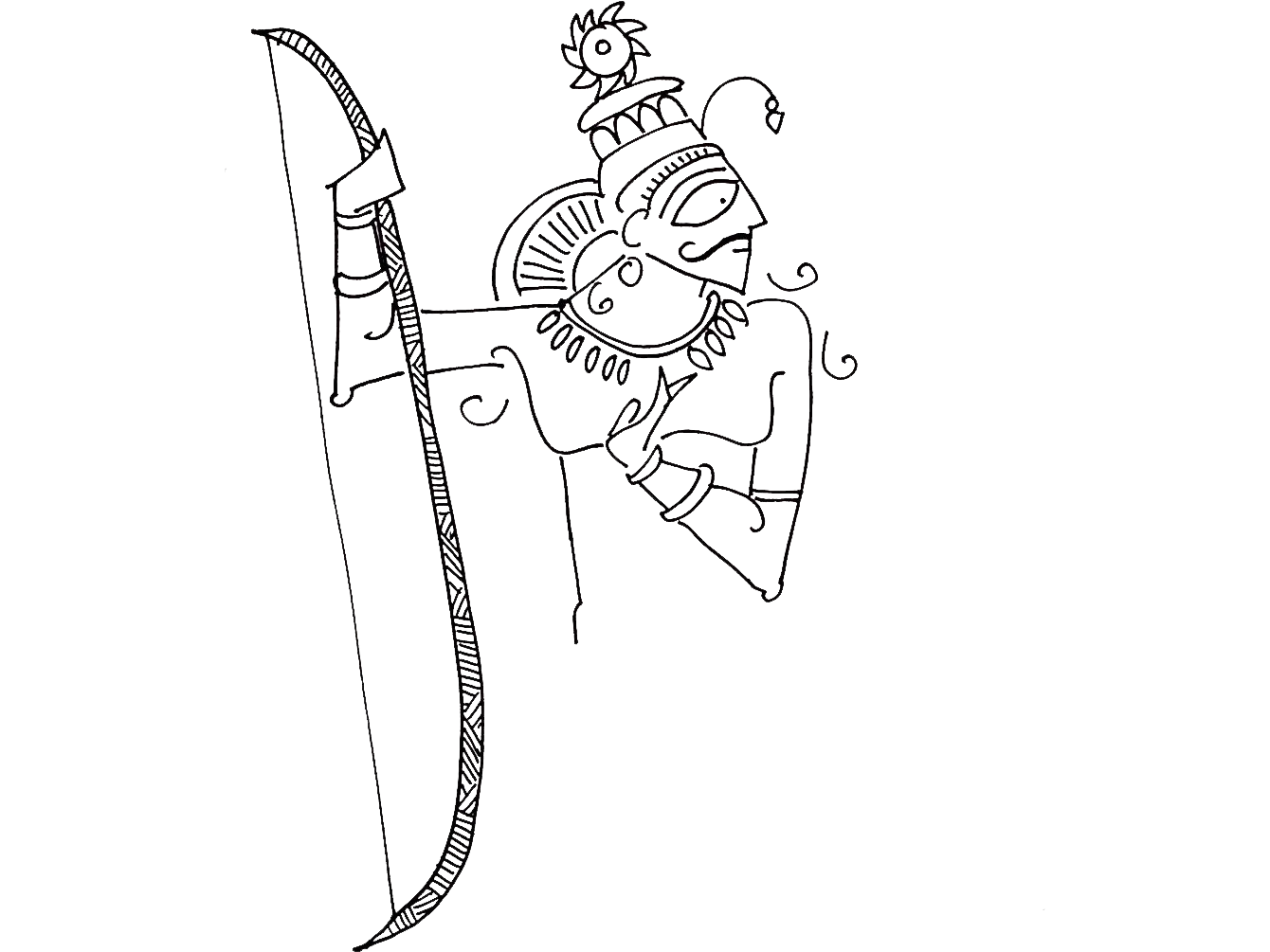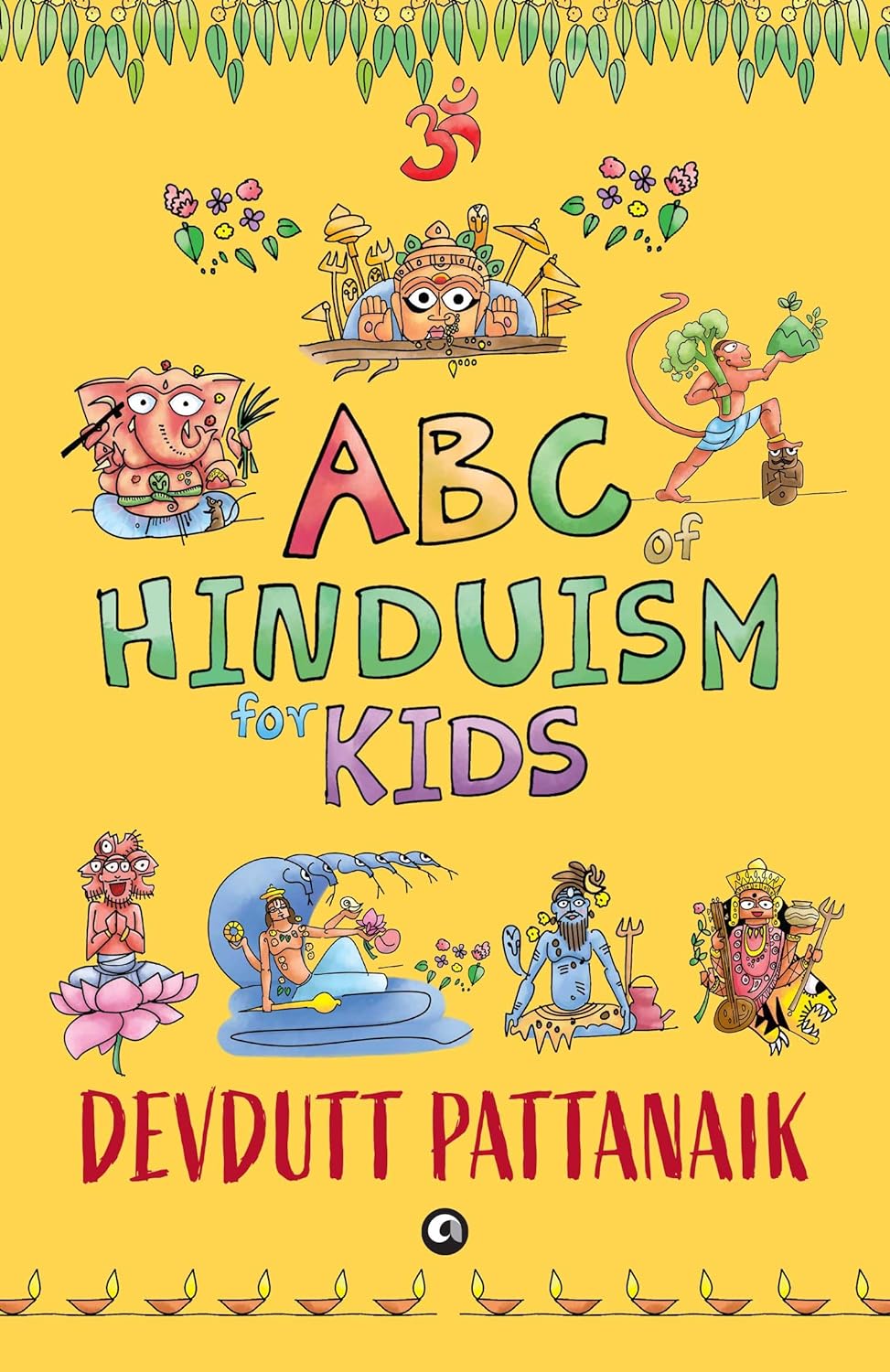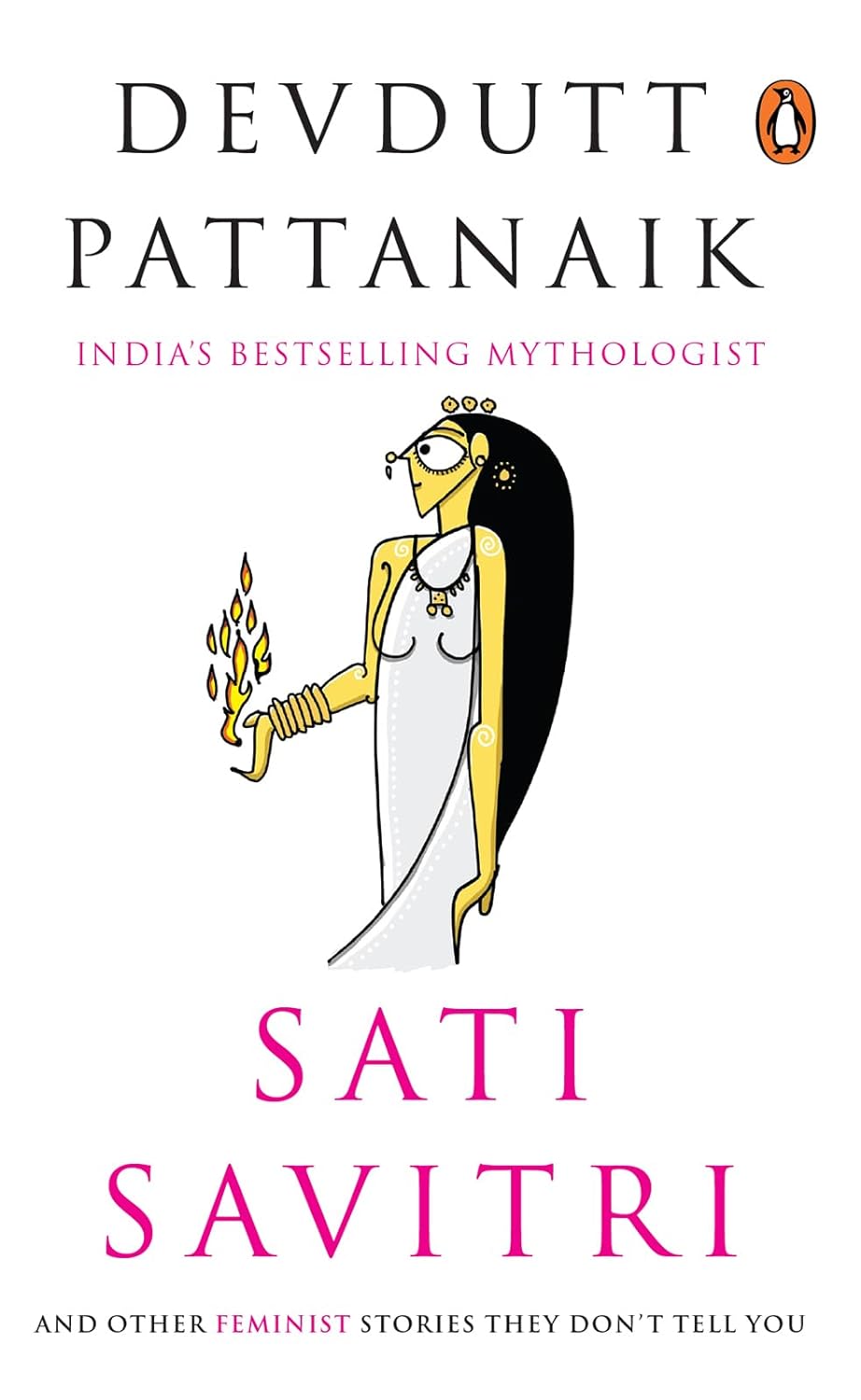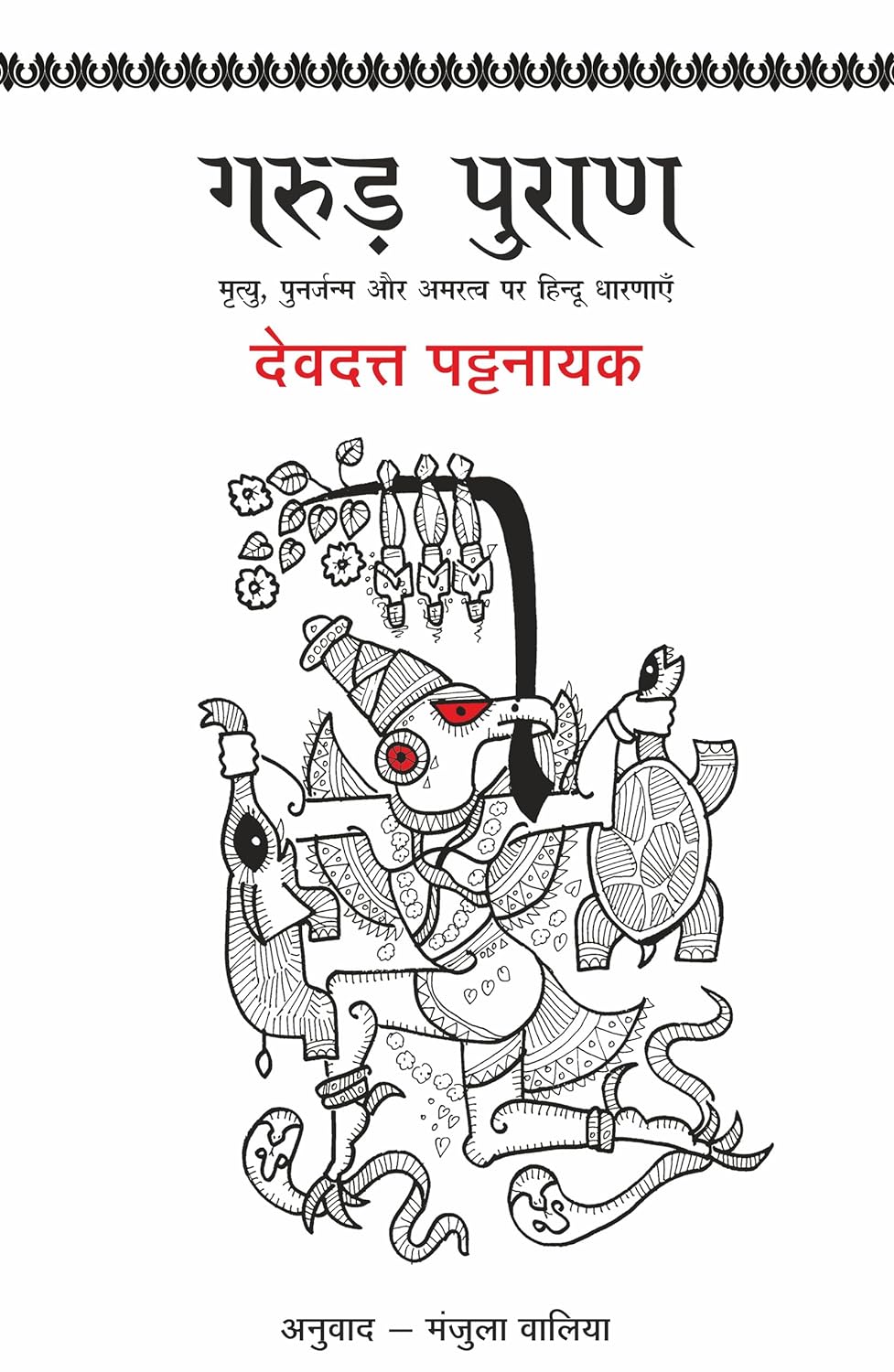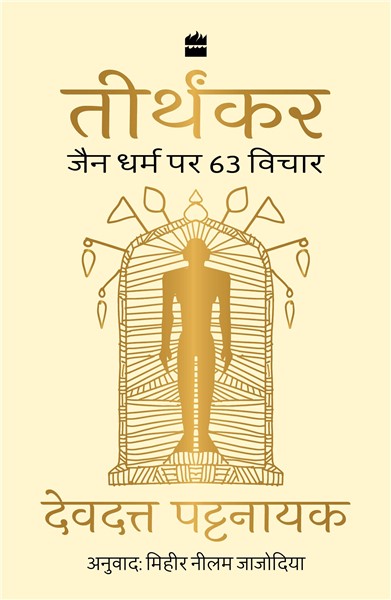Western leadership models are military in nature. Command and control. It’s about tracking tasks and achieving targets. Indian leadership models were about people – reminding them that the purpose of life is not to eat, but to feed. To feed is dharma. He who enables feeding is the Dharmic Leader.
All of us have the capacity to feed and be fed. Those who feed first are the ‘Yajaman’. Those who reciprocate are the ‘Devata’. It is the hungry, frightened, crumpled mind that creates notions of superiority and inferiority. This crumpled mind is aham, the ego. Yoga enables uncrumpling. The uncrumpled mind is atma, the soul, which is infinite, and so is able to empathise with the hunger and insecurities of those around. The Dharmic Leader, therefore, values yoga.
Yoga enables us to exchange properly, focus on other people’s hunger rather than simply our own. When we do yagna without yoga, we are unable to empathise. Empathy is key to becoming a Yajaman. Yajaman can see Ravana is not a villain, he is anxious, controlled by aham, hence the need to dominate everyone around him. Ram has no such anxiety. He is relaxed. He is no victim or hero; he is in touch with atma.
A yajaman knows there is no happily-ever-after, nothing is permanent, everything changes, and everyone dies, eventually. All one can do in the process is make things a bit pleasant: reduce the violence and enhance the joy. Key to this is recognising one’s mortality as the king does in the Makhadeva Jataka. The king’s barber told the king he had spotted a grey hair. That day, the king decided it was time to retire. His job was done. He had let go of his crown and withdraw from the kingdom.
To distract themselves from mortality, kings pursue wealth and power. In the Ramayana, when Ravana is dying, Ram asks him to share his knowledge with the future kings of Lanka. Ravana hesitates but then relents. In the Mahabharata, when Bhisma is dying, Krishna asks him to share his knowledge with the Pandavas. Knowledge that needs to be transmitted is not technological, about how to generate wealth and regulate power. It is psychological, about overcoming one’s ambitions and insecurities, and becoming content and generous, despite failure. That is easier said than done.
Modern retellings of the Mahabharata present the Pandavas as good and the Kauravas as bad. However, it is not the binary of Dharmic leadership. The Dharmic Leader observes what success does to the successful, wealth does to the wealthy, power does to the powerful. The Mahabharata tells us how the Pandavas became complacent when they finally got a kingdom to rule.
The five Pandavas were talented, and this made their cousins, the hundred Kauravas, insecure. They fought endlessly. To make peace between them, the family land was divided and a forest given to the Pandavas. The Pandavas built a fabulous city there. Instead of securing their new kingdom, the Pandavas were tricked by the jealous Kauravas into gambling it away. For thirteen years, the Pandavas had to live in the forest. Here, they brooded the injustice of it all. But Krishna asked them to learn from the forest. Forest creatures did not treat the Pandavas as if they were special, and reminded them that domination and territory in nature is designed around survival of the body, while hierarchy and property in culture is designed around indulging the ego. In their final year of exile, the Pandavas had to hide like servants. They were abused by the royal masters and experienced first-hand how the rich and powerful misuse their privilege.
The forest-exile in the Ramayana and the Mahabharata are not punishments. It is a time for kings to learn and transform, realise no one is superior or inferior to other beings in the natural scheme of things. Kings can establish a culture where everyone adores or fears them, but they are still organisms, strong in some situations and weak in others. The Pandavas realised that when they had wealth and power, they too had become arrogant. They forgot they existed for the kingdom; the kingdom did not exist for them. The kingdom was not property to be gambled away.
Parashurama punishes kings who do not value dharma. Ram is the king who values dharma. Krishna is a cowherd, a metaphor for one who takes care of the earth. He does not need to be king. He is teaching kings how to be a caretaker of culture, and nature. Raj-dharma is not about grabbing kingdoms, and expanding empires, or gambling them away. It is about treating the people you govern as the devata. You give them what you have, and they want, and nudge them to do the same. The greatest return on investment is when the Devata strives to be a Yajaman too.


